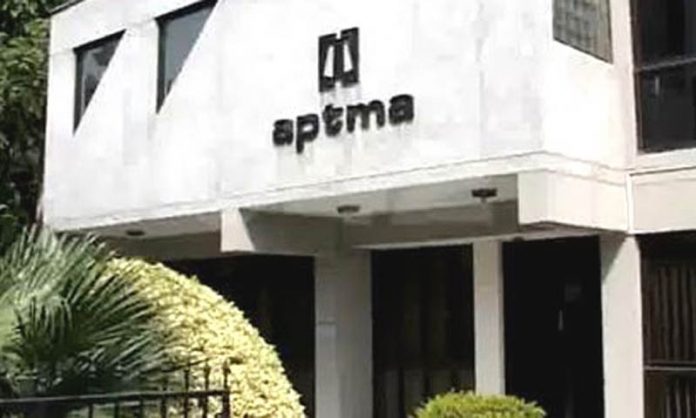LAHORE
The government is considering announcing further incentives for textile sector by early August following tough stance taken by the sector, it was learnt here.
The finance ministry sources told Pakistan Today that government would be calling All Pakistan Textile Mills Association (APTMA) representative before 7th July, the date APTMA announced to stage protest in front of the parliament house for alleged ‘anti-industry’ polices.
Sources admitted that Budget 2017-18 did not contain any major new incentives for the textile sector, but given the continuous drop in textile exports and vocal protests by APTMA, the government seemed to be moved.
Sources said although government accepted some demands of exporters such as announcing zero rated sales tax regime for textile sector, however, they were not been considered as enough to arrest declining exports as evident by cumulative 11 per cent drop in textile exports from fiscal 2014 to fiscal 2017 (Jun’17 exports extrapolated).
Sources admitted that the textile sector has been suffering since the past three years due to rising cost pressures, rupee strength depreciation and liquidity issues which are arising due to FBR’s non-payment of refunds.
Industry leaders, on the other hand, again placed demands to the government for reduction in price of gas to Rs 400 per mmbtu, reduction in electricity tariff, releases of stuck up refunds, moderation in minimum wage increases and adoption of export friendly exchange rate regime.
Export rebates fail to arrest decline where value-added segment fare better: on a cumulative basis, textile exports registered 2pc year on year decline to clock-in at $ 11.23 billion in 11 month of fiscal 2017.
Persistence of rupee strength, higher relative energy prices, stiff competition from regional competitors and soaring minimum wages are key reason for this drop.
The Prime minister’s trade enhancement initiative announced in January 2017 also failed to arrest the decline in textile exports as fiscal 2017 draws to a close.
A segment-wise analysis of textile exports during the period reveals that value added segment fared relatively better as compared to non-value added segment as exports of this segment clocked in at $ 8.09 bn, slightly lower than $ 8.1 billion as compared to same period of last year.
Amongst value added segment, knitwear and towel exports reduced by 2pc and 5pc, respectively. However, bed wear and readymade garments exports increased by 3 per cent and 4 per cent, respectively.
Non-value added exports, on the other hand, were hit the hardest by aforementioned factors and dropped by 6 per cent to clock in at $ 3.14 bn.
Details of non-value added exports reveal cotton cloth and cotton yarn exports contracted by 6 per cent and 4 per cent, respectively.




